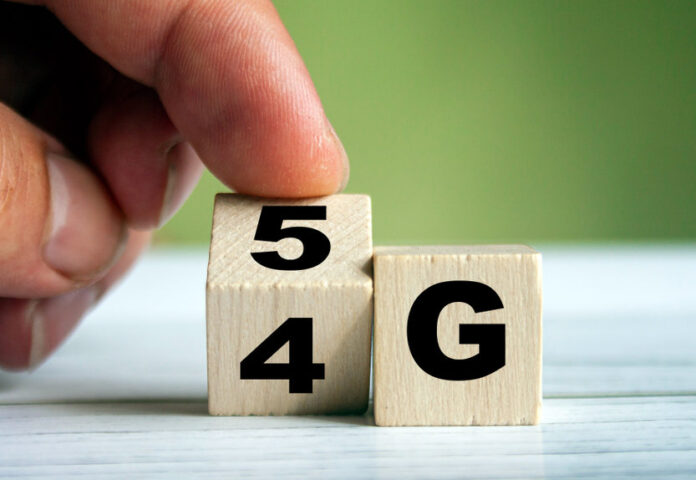BSNL is currently working to launch 4G services at a national level
The government of India has set a new market share target of 25% by the end of 2025 for state-owned BSNL, as the telco is working to launch 4G services at a national level, according to local press reports.
Over the last several years, BSNL has lost market share to rival telcos Reliance Jio Infocomm and Bharti Airtel due to its lack of extended 4G coverage across the country.
Rival operators Reliance Jio Infocomm has a market share of 40.6% in the local mobile market, followed by Bharti Airtel at 33.2% and Vodafone Idea at 18.6%.
In January, former BSNL Managing Director PK Purwar had said that the telecom operator was targeting a 20% mobile subscriber market share by the end of 2024. The company was looking to achieve this target by ramping up its 4G rollout, using an indigenous stack, during the course of the year, focusing on improving the quality of services with 100% network uptime, as well as through marketing initiatives to increase subscribers count.
However, the same looks difficult to achieve given that the company is yet to commercially rollout 4G services across 100,000 base transceiver stations (BTSs), an official has said. So far, the company has installed over 9,000 towers for 4G services across circles such as Punjab, Himachal Pradesh, UP West, and Haryana.
The government of India recently confirmed it will soon set up a project management unit (PMU) for BSNL, through which the carrier will be monitored on a daily basis with regard to its ongoing 4G deployment.
India’s Communications Minister Jyotiraditya Scindia said that the PMU will be set along with Tata Consultancy Services (TCS), Tejas Networks and the government’s Center for Development of Telematics (C-DOT), with which BSNL is currently deploying its 4G network using indigenous technologies.
The state-run telecom operator has been conducting trials in Punjab to test the capability of the Indian-developed 4G technology. The telco initially launched 4G services in the North Indian regions of Punjab, Haryana, Himachal Pradesh, Uttarakhand and western Uttar Pradesh, using indigenous network technology developed in collaboration with Tata Consultancy Services and the C-DOT. The state-run telco has received 4G and 5G frequencies from the government as a part of a relief package.
BSNL previously reported it has reached 800,000 4G subscribers in its launch phase across these initial regions.
A BSNL executive recently noted that full commercial services could be launched once the telco’s 4G network reached 20,000 active base stations at a national level. BSNL previously said it expects to provide 4G services nationwide through the deployment of 100,000 base stations.
BSNL’s workers union had previously urged the government to use rival operator Vodafone Idea’s network to initially offer 4G service in the country. The government of India is Vodafone Idea Limited’s largest shareholder, with a 33.1% stake. U.K.’s Vodafone and India’s Aditya Birla Group jointly own 50.4% of Vodafone Idea.
According to the reports, the potential use of Vodafone Idea’s 4G network will only be a temporary measure until BSNL’s 4G network is commercially available.

